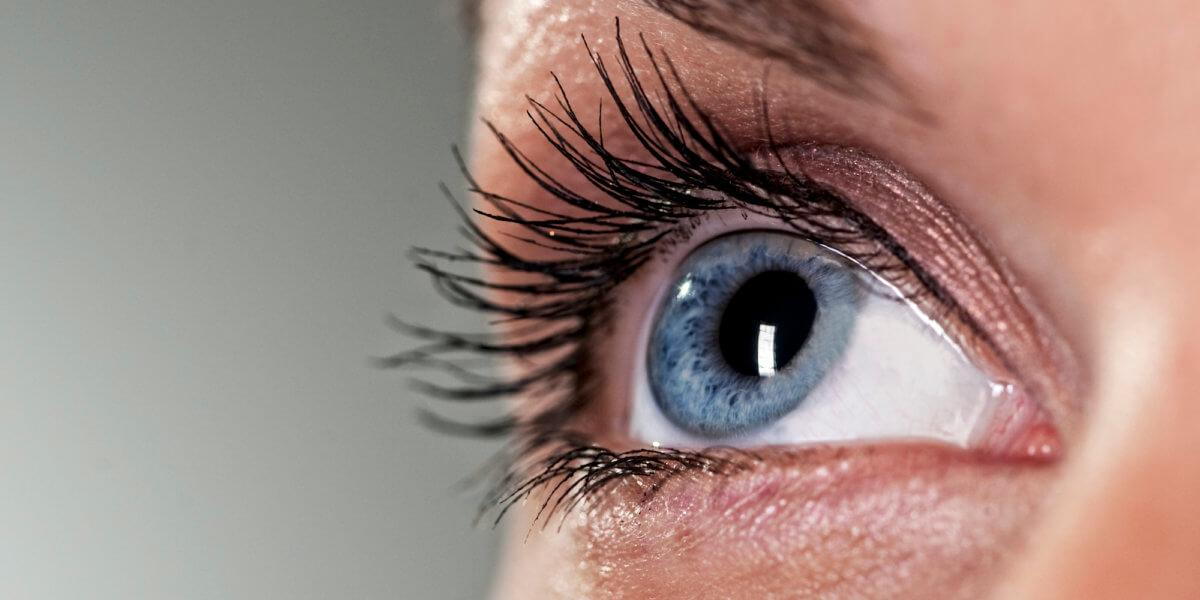
- posted: Feb. 22, 2019
If you have diabetes, there are a variety of complications that you could suffer from if you don't properly manage your condition. One of these conditions is diabetic retinopathy.
Q: What Is Diabetic Retinopathy?
A: Diabetic retinopathy is a diabetes complication that affects the eye. It is caused when damage occurs to the blood vessels in the retina.
Q: What Type Of Diabetes is This a Complication Of?
A: Diabetic retinopathy can affect people with either type 1 diabetes or type 2 diabetes.
Q: Who Is At Risk Of Developing Diabetic Retinopathy?
A: Anyone with diabetes can develop this condition; however, there are certain factors that put you at great risk. These include:
- The length of time that you have diabetes.
- Poor control of your blood sugar levels
- High cholesterol
- High blood pressure
- Tobacco use
- Pregnancy
- Race: African-Americans, Native Americans, and Hispanics are at greater risk.
Q: What Are the Symptoms Of Diabetic Retinopathy?
A; In the early stages, you may not notice any symptoms. As your condition progresses, you can experience:
- Floaters in your vision
- Blurry vision
- Fluctuating vision
- Change in your color perception
- Dark areas or empty spaces in your vision
- Vision loss
Q: How Is Diabetic Retinopathy Treated?
A: In the early stages, you may not require any treatment. Your doctor will closely monitor your eyes, and they will recommend that you see your diabetes doctor for help in monitoring your condition better.
There are medical treatments available. The one that your optometrist has would depend on the specific problem that you may have.
- Photocoagulation: This is a laser treatment, and it can slow or stop the leakage of blood and fluid in the eye. Any abnormal blood vessels or leaking fluids would be treated with laser burns.
- Panretinal photocoagulation: This laser treatment can shrink the blood vessels. The procedure is designed to treat the area with scatter burns.
- Vitrectomy: This is a traditional surgery where a tiny incision is used to remove the blood from the middle of the eye. The scar tissue that is tugging in the retina would also be removed.
If you are suffering from diabetes, you should make an appointment with Primary Eyecare & Optical of Meridian. Diabetic Retinopath may not show any early signs; therefore, it is essential that you catch it early so that you can begin treatment.
Locations
4721 26th Ave
Meridian, MS 39305
Hours
Primary Eyecare & Optical of Meridian
8:00 am - 5:00 pm
8:00 am - 4:30 pm
Closed
